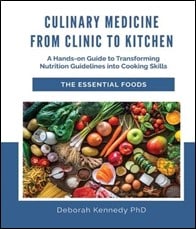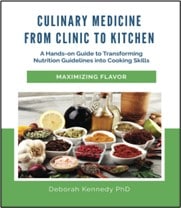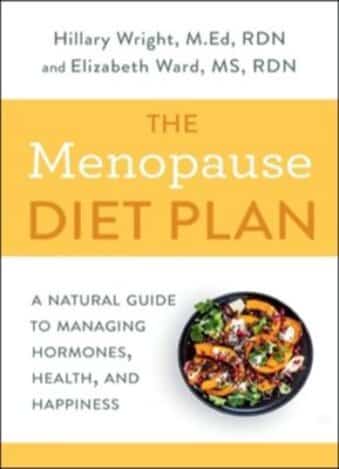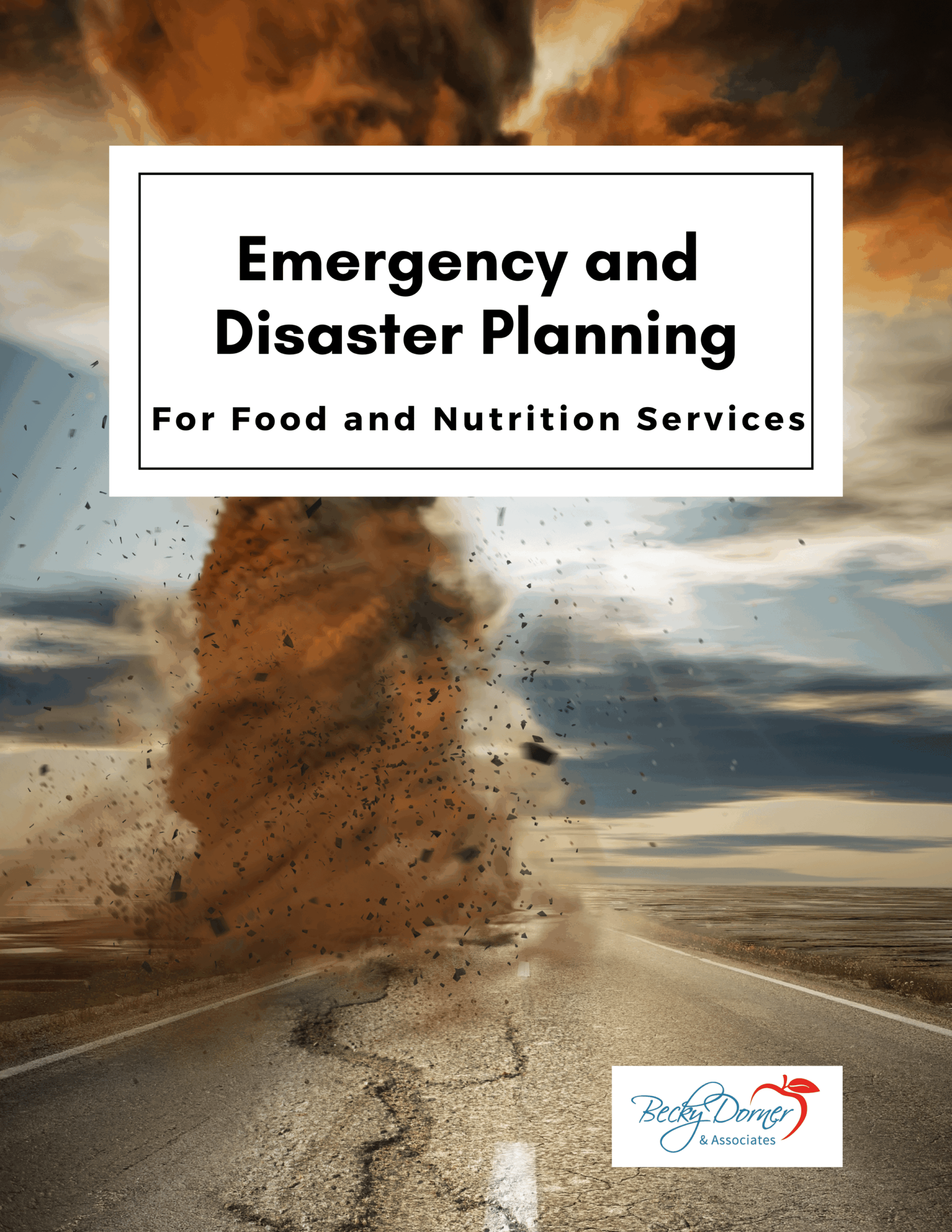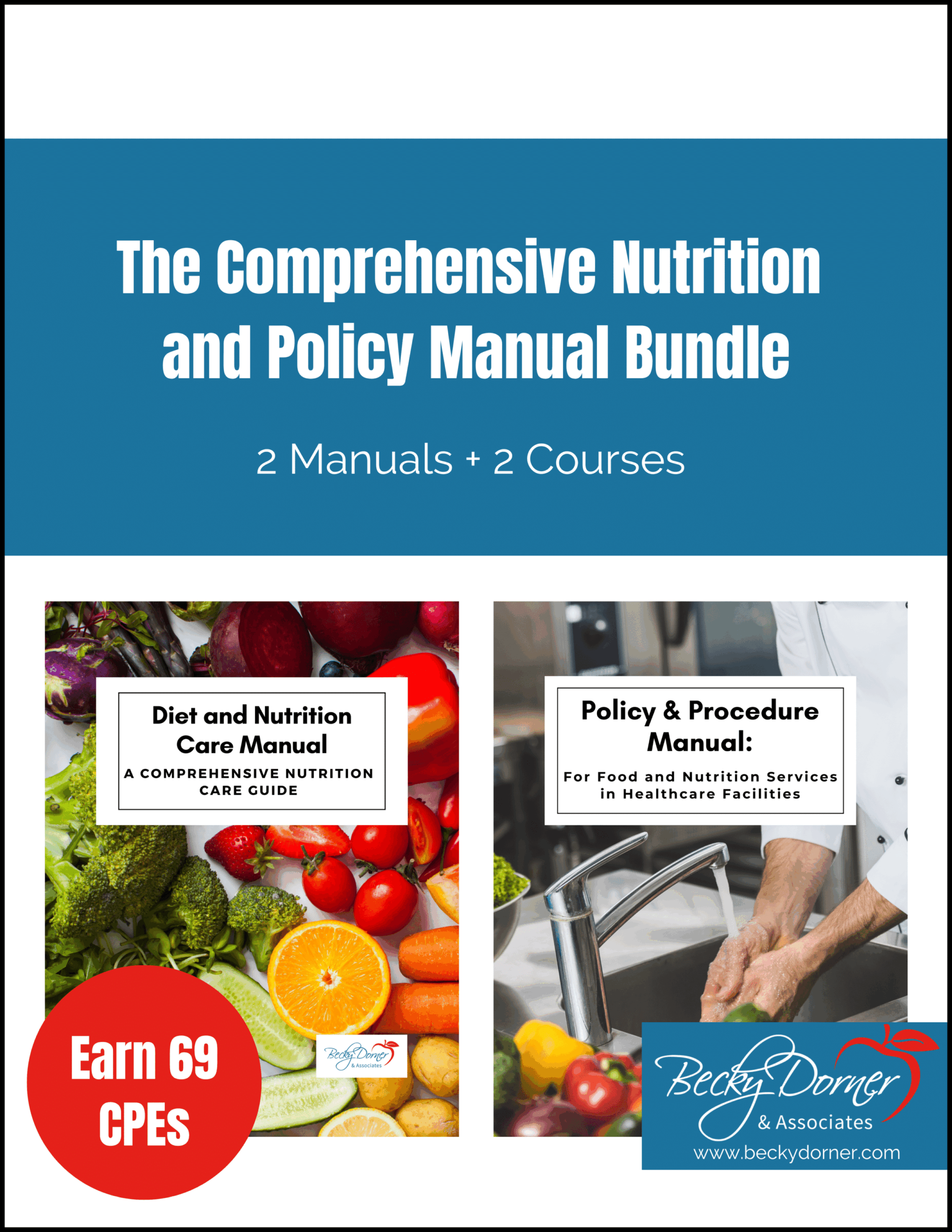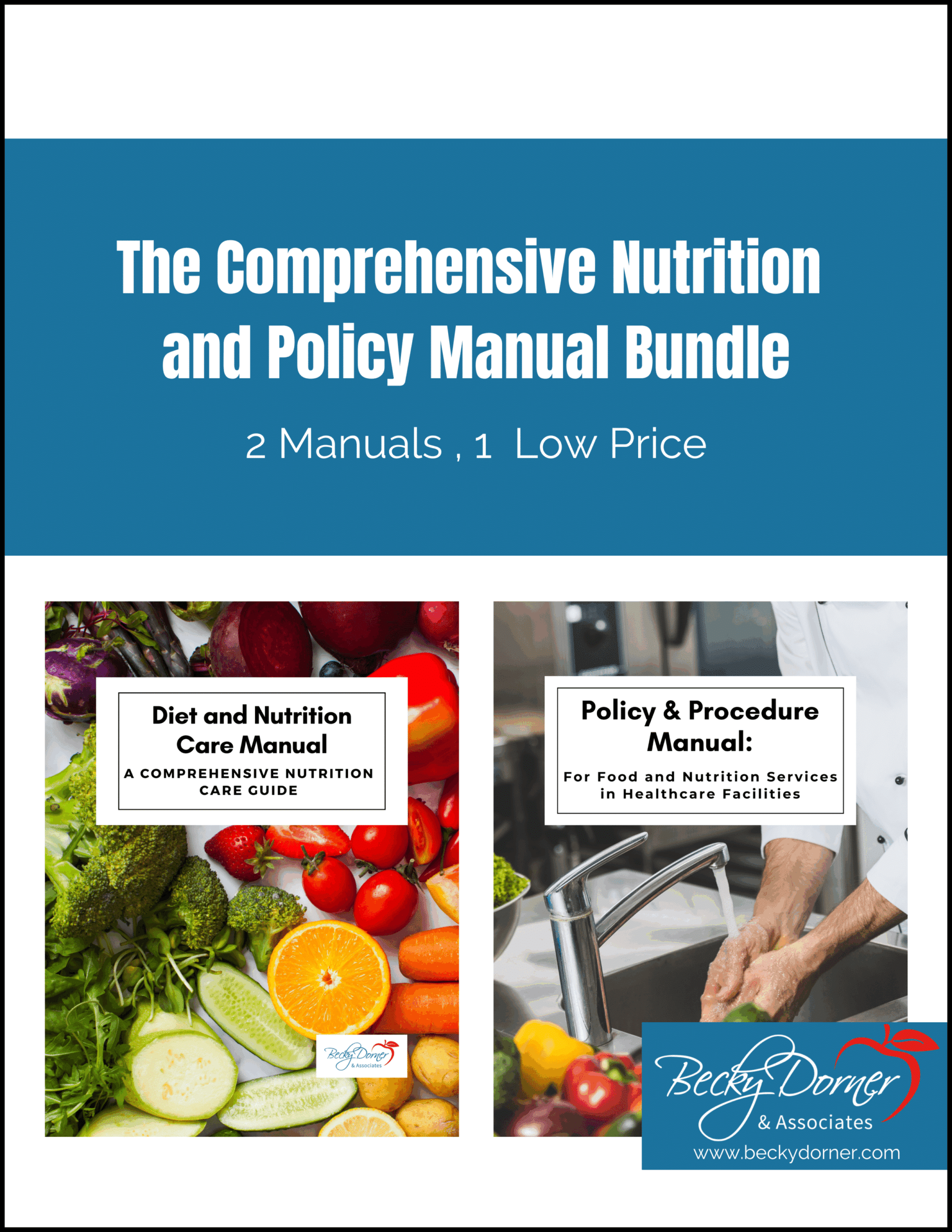
Ana, a registered dietitian nutritionist at a skilled nursing facility, received a consult from the facility physician for weight loss for 80-year Mabel, whose BMI is 37. Ana is new to long-term term care but already has questions about the safety and efficacy of weight loss in this population, so she wants to do her research before responding to the physician.
Obesity in Older Adults
The percent of people aged 65 and older with obesity increased from 22% in 1988-1994 to 40% in 2015-2018.1 That means more obese residents are entering post-acute care for both short-term rehabilitation and long-term stays. Which raises the question, “Should we expect this population to lose weight?” There are two different perspectives on the subject.
Should My Patient Lose Weight? Yes!
Obesity increases the risk of many chronic diseases, including coronary heart disease, type 2 diabetes, high blood pressure, stroke, and several types of cancer. Inactivity that often accompanies obesity can contribute to sarcopenia, an age or disease-related loss of skeletal muscle mass. Sarcopenic obesity, the presence of both conditions, can lead to weakness, frailty, and falls. Obesity can negatively impact an individual’s ability to ambulate and perform activities of daily living, which can impact their quality of life. Obese people who lose 5-10% of their body weight can see an improvement in blood glucose, blood pressure, and cholesterol levels and a reduction in markets of systemic inflammation.2 For those reasons, it may seem intuitive that weight loss is the best course of action for all obese older adults. On the other hand…
Should My Patient Lose Weight? No!
The health risks of obesity have come under recent scrutiny, especially in older adults. Evidence suggests that heavier adults have increased survival rates in end stage renal disease, chronic heart failure, and cancer cachexia, and possibly type 2 diabetes and dementia. 3 This is referred to as the “obesity paradox”, the suggestion that obesity appears to be protective from disease and death in some individuals. 4
From a practical standpoint, weight loss is difficult and not as simple as “eat fewer calories,” especially for someone who has been overweight or obese much of their adult life. Weight loss programs can have negative effects on quality of life if patients restrict favorite foods or beverages. Reducing food intake to promote weight loss can result in an inadequate intake of protein and other nutrients, causing a loss of lean body mass and reduced bone density. Exercise is recommended to help maintain muscle mass during weight loss, but for many patients in post-acute care settings exercise is difficult, contraindicated, or unavailable.
So, Should My Patient Lose Weight? Maybe!
There are several considerations before recommending weight loss for each patient:
- Does the individual want to lose weight?
- Does the individual have the health literacy to be able to attempt weight loss and be successful, or will weight loss goals set them up for failure?
- Will weight loss reduce or improve existing comorbidities or disease symptoms?
- Will weight loss prolong the life of the individual?
- What are the health risks associated with obesity treatment for this individual?
- Will an energy-restricted diet decrease the individual’s ability to consume adequate nutrients to maintain health?
- Will an energy-restricted diet decrease quality of life for the individual?
The safety and efficacy of weight loss for older adults remains unclear and needs more research.4 The obesity paradox raises concerns about the need for weight loss in this population. For most obese older adults, the best option may be a healthy diet aimed at weight maintenance and maintaining muscle mass.5 If an individual wants to lose weight, it must be carefully planned and supervised. Nutrition counseling, regular physical activity to help maintain muscle mass, and close monitoring of body weight and food intake is essential.6
How Should Ana Follow Up?
As she suspected, Ana learns that weight loss in older adults is controversial. She talks with Mabel, who tells Ana that she has always “been large.” Mabel tells Ana “I know I should lose weight, but I like food.” Given Mabel’s comments, the potential risks of weight loss, and possible benefits of her excess weight, Ana determines that weight loss is not a good option for Mabel. She outlines her rationale to the physician, who supports her point of view. Ana assures the physician that if other residents of the facility want to lose weight and can understand the risks and benefits, she will work with them to achieve their goals.
Originally published March 21, 2012.
References
- Older Americans 2020: Key indicators of well-being. Federal Interagency Forum on Aging-Related Statistics. Washington, DC: U.S. Government Printing Office. https://agingstats.gov/docs/LatestReport/OA20_508_10142020.pdf. Accessed October 14, 2022.
- Lysen LK, Robinson d, Rudel r. Nutrition in weight management. In: Krause and Mahan’s Food & the Nutrition Care Process. 15th ed. St. Louis MO: Elsevier;392-420.
- Cetin DC, Nasr G. Obesity in the elderly: more complicated than you think. Cleveland Clinic Journal of Medicine. 2014; 81(1): 52-61. doi:10.3949/ccjm.81a.12165.
- Bales CW, Porter Starr KN. Obesity interventions in older adults: diet as a determinant of physical function. Adv Nutr. 2018 Mar 1;9(2):151-159. doi: 10.1093/advances/nmx016.
- Porter Starr KN, Bales CW. Excessive body weight in older adults: concerns and recommendations. Clin Geriatr Med. 2015 Aug;31(3):311-26. doi: 10.1016/j.cger.2015.04.001.
- Dorner B. Diet and Nutrition Care Manual: A Comprehensive Nutrition Care Guide. Dunedin FL: Becky Dorner & Associates; 2021.

